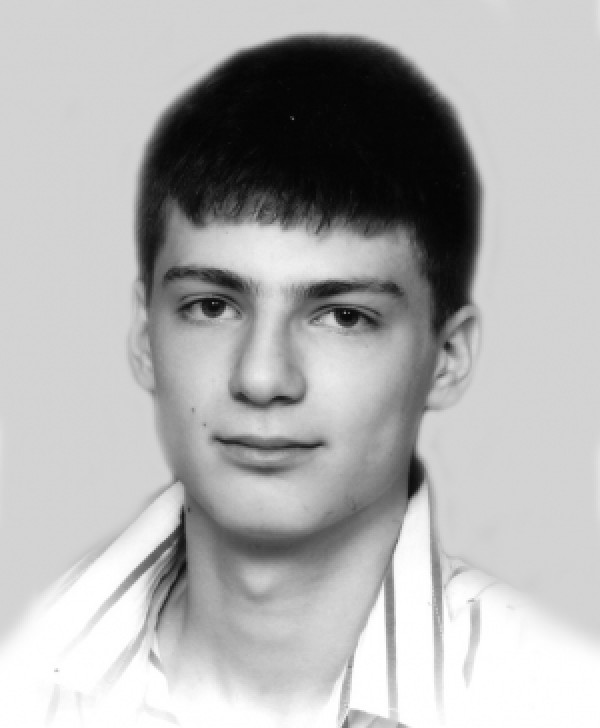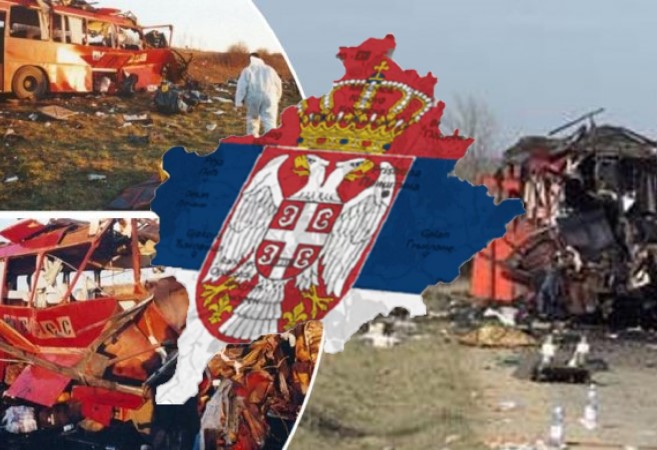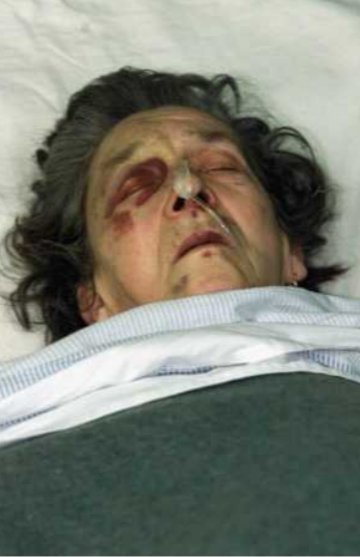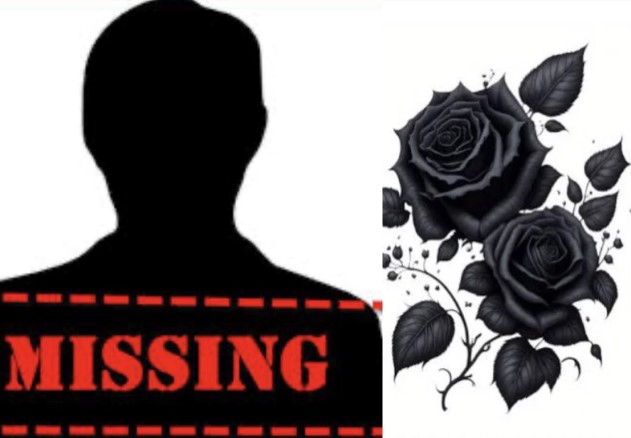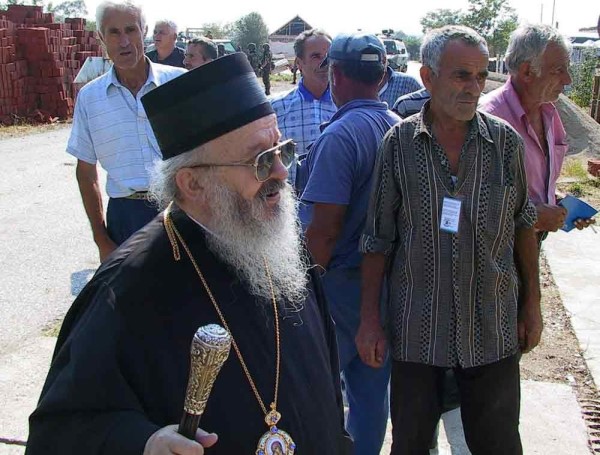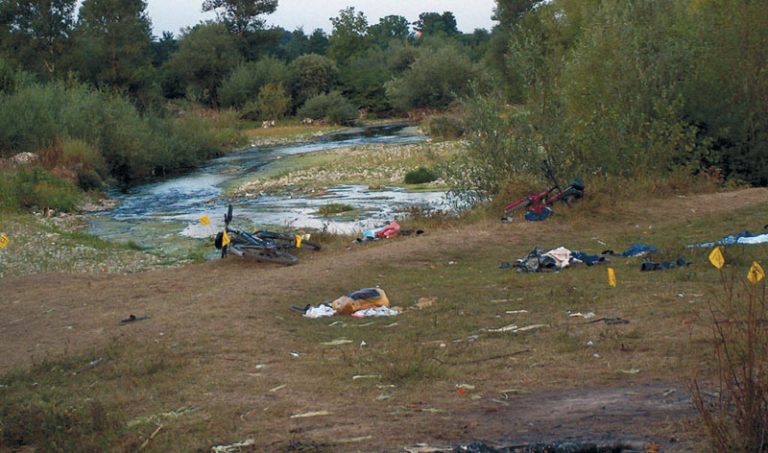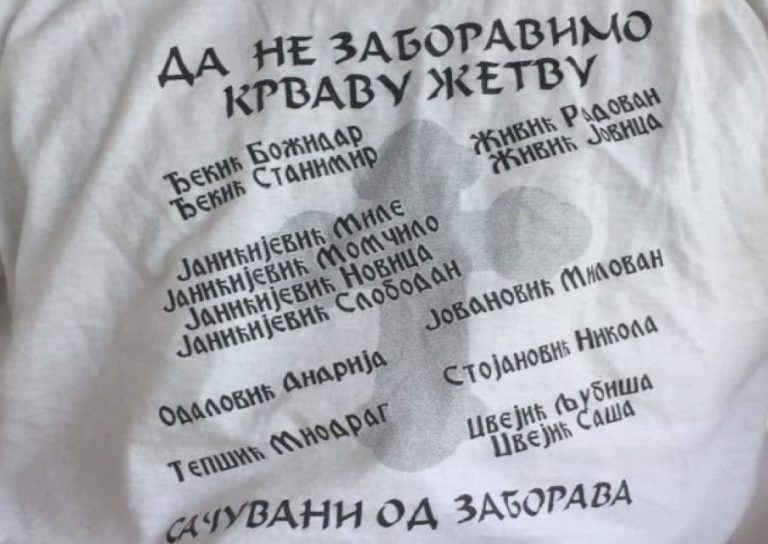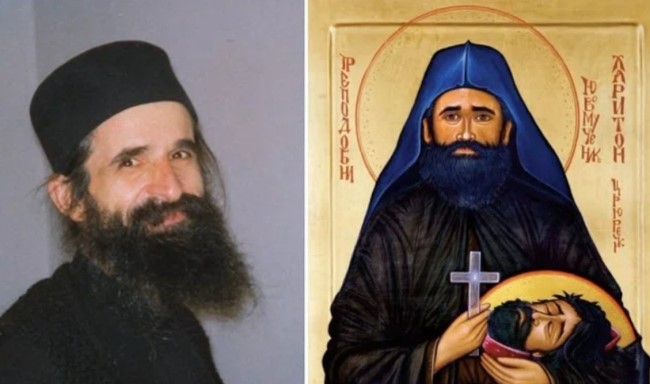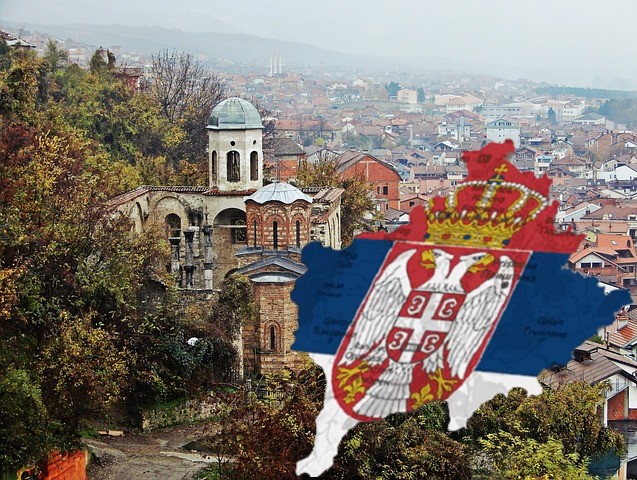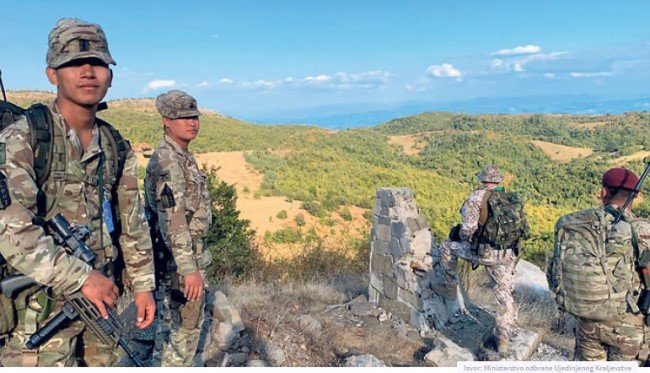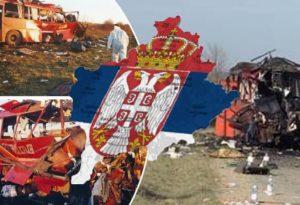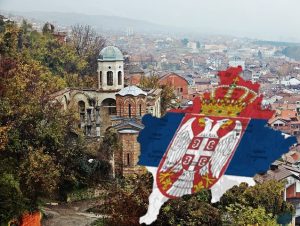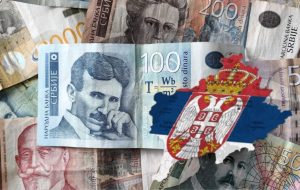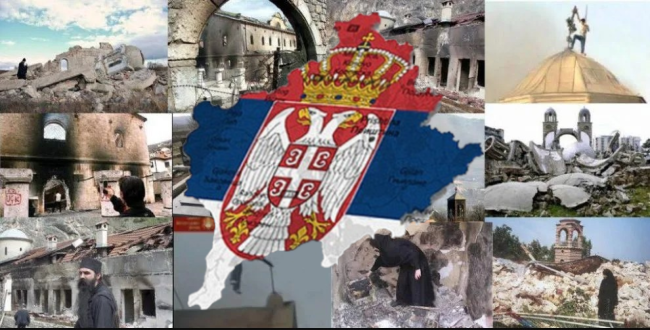
The days of the most terrible suffering of the Serbian people in Kosovo and Metohija after the entry of international civil and military missions into our southern province in June 1999
The period from June 15 to 20, 1999 in Kosovo and Metohija represents the most terrible suffering of a nation, despite the presence of 50,000 international military troops, which, in a military-technical agreement, undertook to protect every resident of Kosovo and Metohija without exception. The invasion of Albanians from the direction of Macedonia, Albania and Montenegro, even those who never had any contact points with Kosovo and Metohija, resulted in the most brutal attacks on the non-Albanian population, during which Serbs, Montenegrins, Roma and Albanians loyal to the state suffered the worst. Serbia.
The most terrible crime on June 15, 1999, was the kidnapping of the monk Hariton, whose vehicle was stopped by members of the KLA near the Army House in Prizren and taken in an unknown direction. His decapitated body, with broken lower and upper limbs without 3 vertebrae of the spinal column, was found in 2000, and after the memorial service in Gračanica on 11/11/2000, his remains were transferred to Crna Reka, the monastery where Father Hariton began his monastic journey as experienced! Eleven more Serbs were abducted in Prizren that day, including Father Stefan Budisavački, whose body has not been found to this day.
Having blessed Bishop Artemije, the bishop of Raška-Prizren and Kosovo-Metohija organizes that all the sisters of the monastery of the Holy Trinity be brought to the seminary until the anarchy of the Albanians subsides. The next day, the dormitory of the monastery was already set on fire and almost nothing could be saved from that Orthodox sanctuary. Kidnappings, murders, usurpation and burning of property, ethnic cleansing of Serbs and their expulsion from properties and apartments continue throughout the entire territory of Kosovo and Metohija, so all the larger towns and cities of Metohija remain almost ethnically clean. The non-Albanian population in Pristina is also being hit hard. From Vranjevac to Veternik and from Matičan through Sunčani breg and Dardanija to Kosovo Polje, KLA members are starting to break into Serbian apartments. Đoka Cvijanović was slaughtered on Sunny Beach, grandmother Ljubica Vujović was strangled in a bathtub, and five KLA members who were found in her apartment after the tragedy were arrested by KFOR members. In Aktaš settlement, the father of the owner of the well-known Videoteka was shot dead in his yard, and the eyewitness to that murder was a journalist who watched the crime from the balcony and was the first to call KFOR at the Center for Peace and Tolerance and a translator. With a fifteen-month-old baby, she ran to help and calm his wife, whose cries were tearing up the Pristina neighbourhood. On the same day, he will also testify about the murder of a police reservist who came out of the cafe with a weapon and hummed to the music with his hands raised in the air. He was killed by Gurkhas from the British Rapid Action Unit. The investigation was carried out by Inspector Aca, who was later killed in the center of Pristina when a German citizen planted an explosive device. Branko, a locksmith, was killed in the village of Dardania in the wake of his wife Sanja, who was in an advanced state of pregnancy! Albanians openly went hunting for Serbs, and for anyone they thought was of Serbian nationality, they had a trick question "sa eshte ora" - what time is it? It was easy for them to recognize the accent even if someone knew Albanian and answered that question. Answering in Serbian, that is, in Bulgarian, that a little after 8:00 p.m., a Bulgarian citizen, a UN police officer who was supposed to serve the UNMIK mission, was killed in the center of Pristina.
I received a warning not to move alone, to speak only English everywhere and in every place, to eat only in places that belong to UNMIK. Serbian is forbidden and so is Serbian currency. The Albanians, the owners of the market, recognized only foreign currency.
In Kosovo Polje, the Russians are stationing a hospital behind the already existing Health Center. In that same hospital, the baby of the murdered Branko (that's what they called him, shortened from the last name) and the surviving Sanja was born. Near Pristina, in the vicinity of the central enclave, we find a gynecologist performing a delivery on a dentist's chair. The same gynecologist, who bore the brunt of the first years after the arrival of KFOR and UNMIK, was replaced by DOS after the election and a man from Nis, who did not spend a single day in post-war Kosovo and Metohija, was brought to the head of the institution. This is how the state of Serbia paid back to those who, through their struggle and actions, made the population in the enclaves survive.
In that period from June 15 to 20, the fiercest fight for Mitrovica continues, i.e. its northern part. The guards of the bridge organize themselves and do not allow the northern part of the city to fall. Serbs still survive well in Pomoravlje, as well as all the places geographically adjacent to parts of central Serbia. Today, those places are a thorn in the side of Kosovo Prime Minister Aljbin Kurti, who immediately after his release from prison formed an NGO with the aim of preventing the creation of any community of Serbian municipalities.
Reports from the field are dire. Joint teams of KFOR and UN police are visiting the remaining Serbs, as well as UNHCR. It was not unusual that if we visited a Serbian family in the evening, we would not find them in the apartment the next day. In a very short time, the apartment would be usurped. It was difficult, especially in those buildings of a mixed character where military personnel/police officers and their families lived alongside families who were civilians and had no points of contact with the army or the police. The military building in the Ulpijana settlement was completely usurped, as was every military and police apartment, after which attacks on other Serbs would result in their eviction. KFOR started disarming the population, but it was far from fulfilling its mission on the ground and managed to protect the non-Albanian population, especially Serbs, Montenegrins and Roma. Their incompetence is also reflected in the fact that all institutions have been usurped by Albanians who have never even worked in them. The local RTV has already been taken over, an Albanian walked into the theater in Proština with his shirt unbuttoned and kicked out director Stojanović, the Dom Štampe usurped, books thrown away, journalists, writers, poets, technical staff... kicked out. KBC Priština almost no longer has a Serbian doctor because Andrija Tomanović was kidnapped from it. A witness to that abduction, a nurse, saw Tomanović being led away by some people and asked him if he was okay. He replied "why do you think I'm fine?!" In the village of Mazgit, 6 persons of Serbian nationality were kidnapped. Post offices, EPS, mines around Obilić, medical institutions, shops... no longer have any employees of Serbian nationality. If someone decided to stay in Kosovo and Metohija, he was not allowed to go to work on those days.
To be continued

